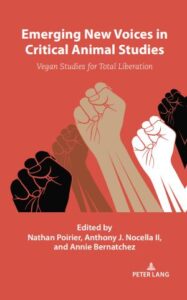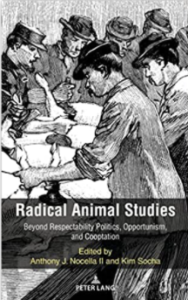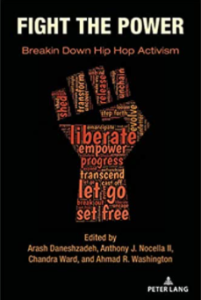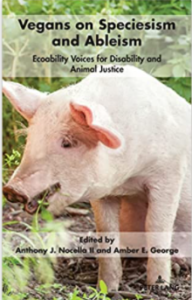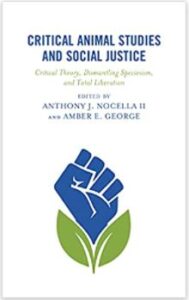Scholar-Activist Spotlight with Alexandra Navarro – October 2020
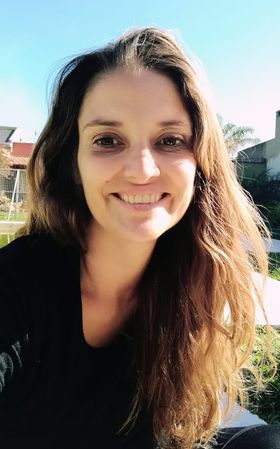
Annie Bernatchez – When and why did you get involved in animal justice advocacy?
Alexandra Navarro – Since I was a child, I understood that human and non-human animal relationships were unequal. Throughout my life, I explored ways to coexist with them in more just ways. It was only in 2011 that I came to know about veganism. I understood that even though its practice might not always be perfect, it was the most real and coherent way to commit to animal liberation.
AB – Based on your own experience, is the idea of Animal Liberation well received in Latin America? Why?
AN – In Latin America, the animal issue and its discussions are emerging. The struggle is complex. On one hand, activists are very committed. On the other hand, the majority of people consider that animal rights should be reserved only for animals that are close to them, not for those perceived as edible. Also, there are unresolved differences within the movement such as differences over activism (what is valid, what is expected, what is desirable), which too often hinders activism.
AB – Your Ph.D. thesis touches on speciest strategies to preserve discursive hegemony upon animals in Argentina. What have you found so far? What surprised you the most?
AN – In my doctoral thesis, I worked predominantly on how social representations supporting speciesism in Argentina are shaped, focusing specifically on meat feeding. The most important finding is that representations are organized in such a way that topics we discuss and urge us are organized so that there are discussions that cover others. More specifically, while we discuss perfect ways of doing activism or excellent ways of being vegan, hegemonic institutions (health, justice, media, church) continue to generate discourses that sustain specificity. And while we dwell on them, we cannot focus on transforming education, which is the crucial point to modify the ways we perceive animals.
AB – What was the best moment of advocating so far for you? What have you learned from both the activist community and the scholar community?
AN – I experienced two memorable moments that changed the way I think about activism and my role. First, my colleagues Gabriela González, Silvina Pezzetta, María Marta Andreatta, who are today at ILECA. We reflect together on better ways to act for animals. Secondly, working on the integration of the topic of animal liberation in universities as they are legitimate spaces and essential institutions for changes. In Latin America, there are no scholarships that support animal liberation. The hegemonic educational system maintains the status quo but we are fighting from within by founding a magazine and a publishing house as well as organizing conferences. All of these is significant advancements.
AB – As the director of ICAS Latin America, is there any project you are working on? Are there any goals you would like to achieve for Critical Animal Studies and Animal Liberation?
AN – ILECA (Instituto Latinoamericano de Estudios Criticos Animales) is currently growing strong on the Latin American Journal of Critical Animal Studies we founded (www.revistaleca.org). We have an excellent team, competent and humane people (in the best sense of this word, since “human beings” are not always synonymous with greatness). We are working on creating a legitimate space for both publishing articles to integrate the scientific system and reach and discuss with politicians who have the power to generate real changes. Moreover, we founded the Editorial Latinoamericana Especializada en Estudios Críticos Animales and publish free books to guarantee accessible knowledge for all interested parties. Lastly, we translate books from English to Spanish for those who do not understand English to assure accessibility to various discussions. It is through knowledge about animal liberation that our ideas and strategies will be viable and robust.
ILECA – https://www.institutoleca.org/
Revisita Latinoamericana de Estudios Criticos Animales – www.revisitaleca.org





